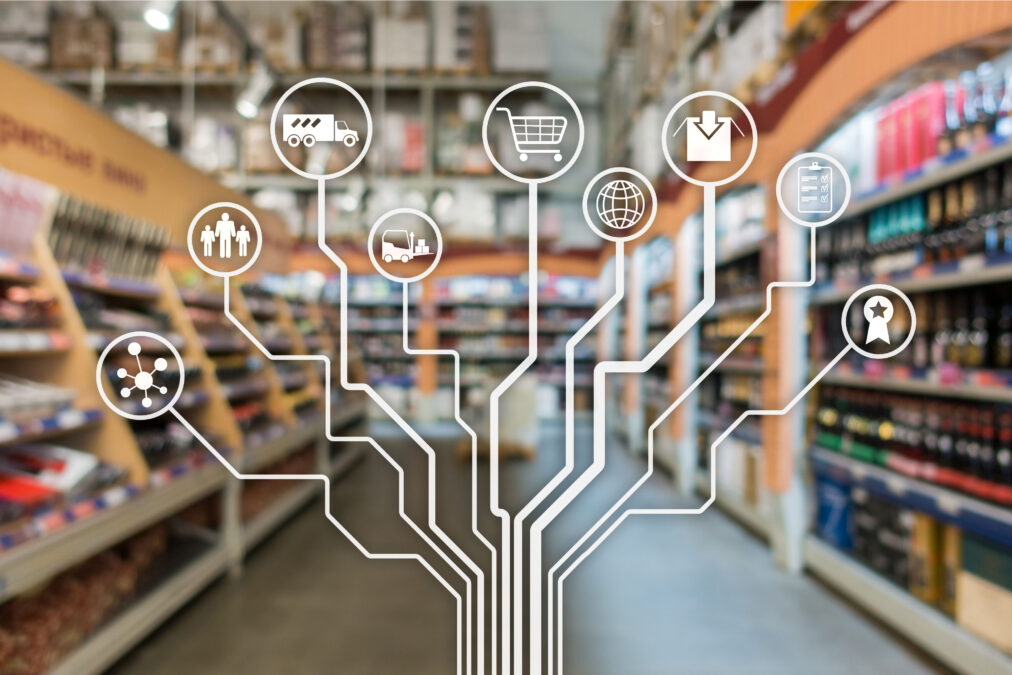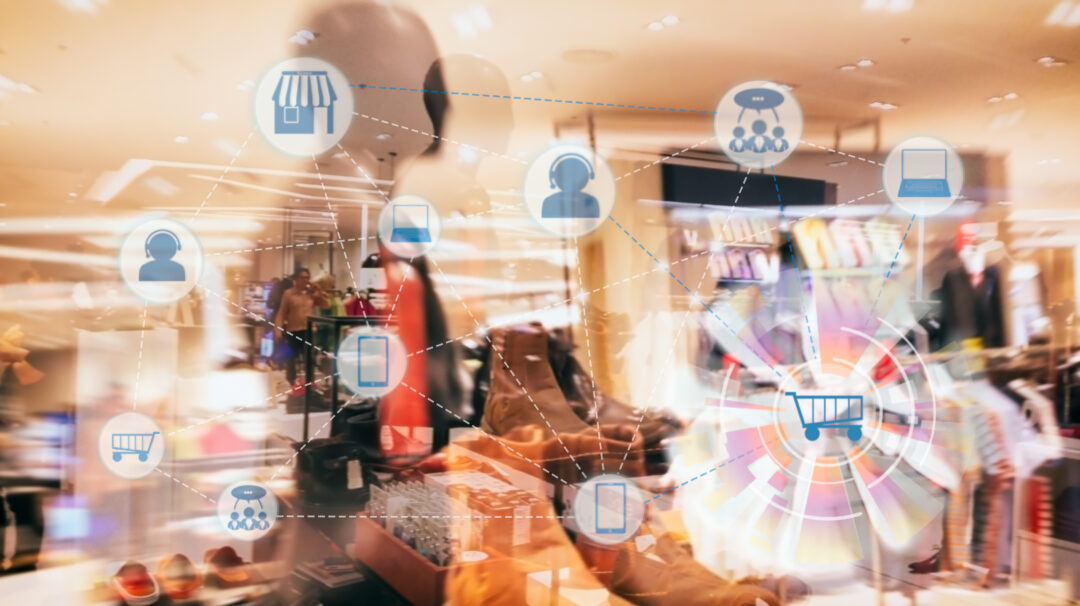Today's always-on consumers are demanding personalised digital experiences as apps become central to their shopping experiences. And the strength of those digital experiences has a direct effect on their behaviour in the physical retail world.
According to new research looking at over 1,000 smartphone users, over half of consumers would be encouraged to visit a bricks and mortar store if apps provided them with personalised offers when they were close by.
The study, led by app intelligence specialist AppDynamics, also found that a third of customers would avoid shopping with a retailer if they had a negative experience with its app or mobile app. Over two thirds (68.24%) of consumers state that the performance of a mobile app impacts their perception of a retailer.
> See also: Retail IT: why can't you be more like Amazon?
Mobile apps play an increasingly important role in consumers’ lives with 70% of consumers surveyed making more than a quarter of purchases online, according to the study. In fact, 20% of those surveyed admitted to making purchases on their phone whilst at work in front of their computer.
As Jyoti Bansai, AppDynamics CEO explains, the performance of retail websites and mobile applications is strongly linked to customer satisfaction, loyalty and spend.
'As the lines between work and personal, digital and physical, continue to blur, retailers must ensure their apps function at all times across multiple platforms in order to retain and nurture always-on consumers,' he says. 'Technology has transformed the retail landscape significantly over the past decade, and now more than ever, software plays a key role in defining business success – with revenue and reputation often hinging upon customer interactions with apps.'
Expectations of retail apps are evolving fast as demanding, digitally native customers dictate how, when and where they purchase from their chosen brands. While digital technologies have provided people with an increasing amount of choice in how and where they shop, consumers have never been so time-poor. Over a third of consumers would trial a new app if it promised to deliver a more convenient shopping experience. Furthermore, another third of consumers are now using apps for convenience when they visit a store or to make a swift purchase on the go.
Almost two thirds (64%) of consumers want mobile apps that allow them to purchase products in store rather than queuing for a sales assistant, and almost half (48%) of British consumers would like retail apps to provide store assistants with details of past purchases for a tailored omni-channel experience.
> See also: Retailers struggle to meet omni-channel expectations
'Today’s consumers expect a seamless shopping experience across online and offline channels with minimal friction points,' says Bansai. 'This puts increased pressure on retailers to innovate, using the latest technologies to improve and augment the online e-commerce journey so it delivers the thrill of visiting the high street in a more convenient way.'
One good example of a brand already using technology in this way is Very.com, which has has recently introduced image recognition technology that allows shoppers to take photos of clothes they like and search for similar styles across the brand’s product range.










